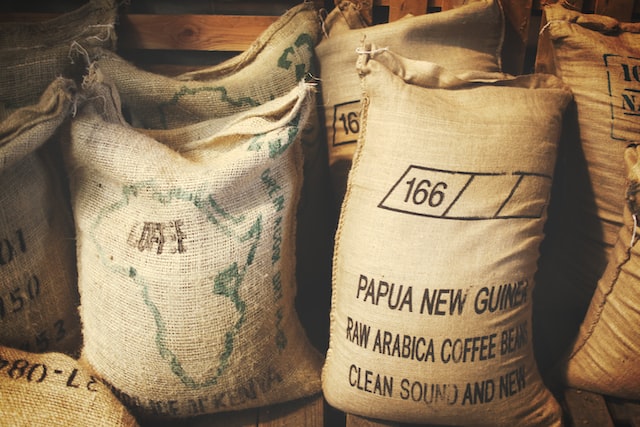Import and export of goods in Poland
Import and export of goods are among the most crucial aspects of international trade. In Poland, import and export are regulated by Polish and European Union laws, affecting customs agencies, businesses, and customers throughout Krakow and all of Poland.
Importing goods means bringing them into the country, while exporting goods involves taking them out of the country. The import and export process requires meeting various legal requirements, such as obtaining all required customs documents, adhering to product quality and safety standards, and fulfilling tax obligations.
 In Poland, regulations concerning the import and export of goods are specified in the Act on the Turnover of Goods and customs law. According to Polish law, every entrepreneur intending to conduct import or export of goods must obtain an EORI number (Economic Operators Registration and Identification), which is essential for carrying out import and export operations.
In Poland, regulations concerning the import and export of goods are specified in the Act on the Turnover of Goods and customs law. According to Polish law, every entrepreneur intending to conduct import or export of goods must obtain an EORI number (Economic Operators Registration and Identification), which is essential for carrying out import and export operations.
Legal requirements and processes related to the import and export of goods can be very complicated and demanding. That's why the SPED-TRANS II Customs Agency in Krakow offers support to everyone who needs assistance in importing and exporting goods, including advice and help in the customs process and obtaining all required documents throughout Krakow and all of Poland.
The SPED-TRANS II Customs Agency in Krakow provides services for companies operating in various industries, such as manufacturing, trade, transport, and logistics. By offering import and export services, the Customs Agency in Krakow helps entrepreneurs effectively manage their trade processes, saving time and costs associated with complying with customs requirements.
Import and export in Poland - which regulations govern them?
In Poland, import and export of goods are governed by a series of regulations and acts. The most important ones include:
- The Act on the Turnover of Goods, which sets out the rules and procedures related to the import and export of goods and regulates trade relations between Poland and other countries.
- Customs law, which determines the rules for collecting customs duties and customs procedures related to the import and export of goods.
- The Act on the Tax on Goods and Services, which defines the rules for collecting VAT on imported goods.
- European Union regulations - As an EU member state, Poland is obliged to comply with EU regulations on the import and export of goods, such as standards for product quality, safety, intellectual property protection, etc.
The listed regulations and acts define the legal requirements and procedures related to the import and export of goods, such as customs procedures, collection of customs duties, documentation requirements, product quality and safety standards, tax requirements, and procedures related to customs clearance.
Key benefits of collaborating with SPED-TRANS II Customs Agency
Working with the SPED-TRANS II Customs Agency in Krakow can bring a range of benefits for entrepreneurs engaged in the import and export of goods. The most important ones include:
- Significant time and cost savings: Professional assistance from the Customs Agency helps avoid delays, errors, and additional costs associated with customs procedures and formalities.
- Support in meeting all legal requirements: Experts from the SPED-TRANS II Customs Agency provide support in interpreting legal regulations, help obtain necessary documents, and conduct customs clearance in accordance with applicable laws.
- Individual approach to each client: Experts from the SPED-TRANS II Customs Agency ensure understanding each client's needs and tailoring services to individual expectations, enabling effective solutions for even the most complicated import and export issues.
SPED-TRANS II Customs Agency in Krakow offers comprehensive services for entrepreneurs engaged in import and export of goods in Poland. With their experience, knowledge, and excellent understanding of applicable regulations and procedures, SPED-TRANS II Customs Agency helps clients achieve success in international trade while taking care of their time and financial resources.



